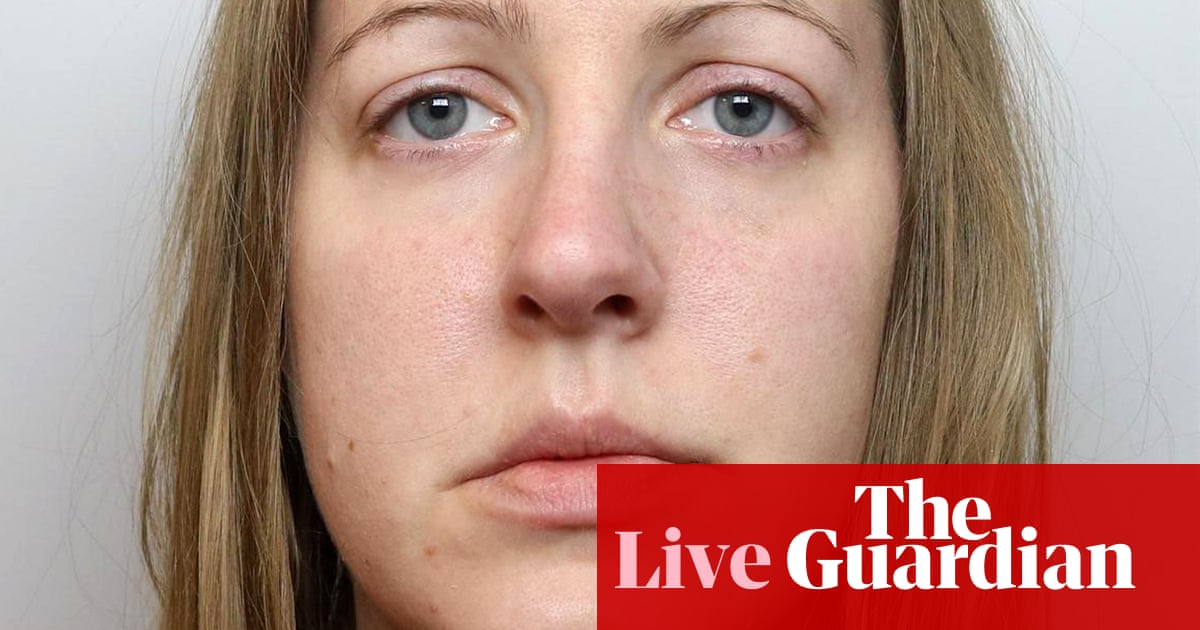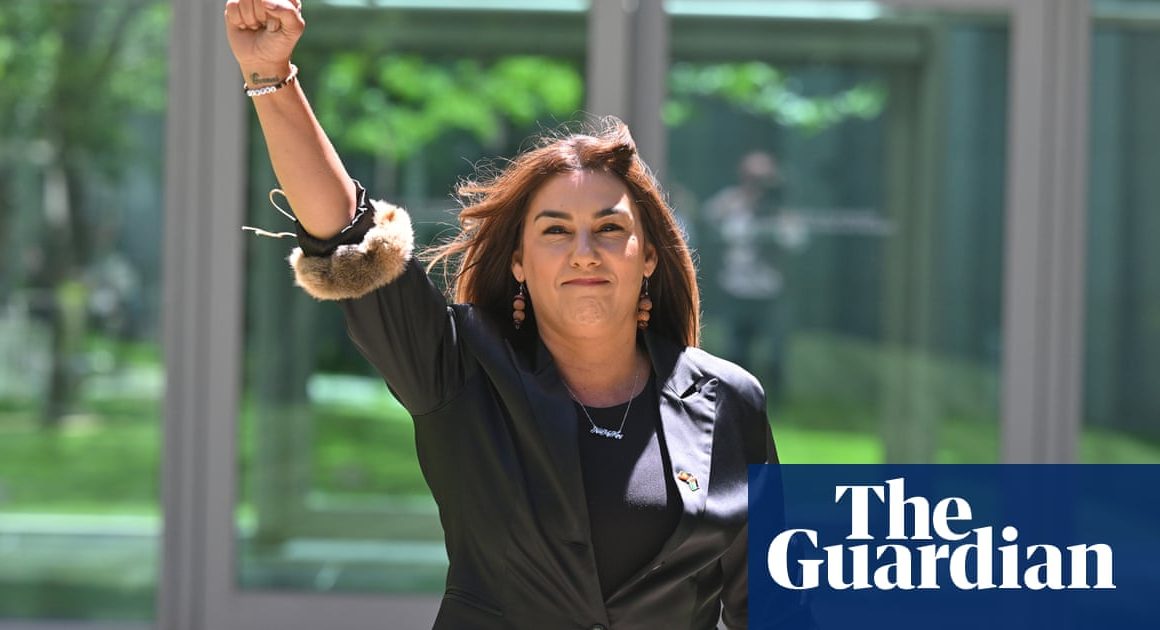Key events

Felicity Lawrence
There have been some calls for the inquiry to be postponed or for its terms of reference to be changed. Felicity Lawrence reported this for the Guardian in August:
A group including some of the UK’s leading neonatal experts and professors of statistics is calling on the government to postpone or change the terms of a public inquiry over concerns about the conviction of the neonatal nurse Lucy Letby.
In a private letter to ministers, seen by the Guardian, the 24 experts said they were concerned that the inquiry’s narrow terms could prevent lessons being learned about “possible negligent deaths that were presumed to be murders” in the neonatal ward of the Countess of Chester hospital (CoC).
Despite the convictions and court of appeal decision, there has been a small but growing number of experts raising concerns about the evidence presented at trial. Several came forward in an article published by the Guardian in July, expressing concerns that Letby’s conviction was unsafe.
Read more here: Lucy Letby inquiry should be postponed or changed, experts say
Unlike other recent public inquiries, like that into the handling of the Covid pandemic or the Post Office Horizon IT scandal, the Thirlwall inquiry is not being streamed live to the public.
Core participants and limited sections of the media have been granted access. At a preliminary hearing for the inquiry in May lawyers for the families of the victims argued that the proceedings should be livestreamed to the public, in part to “combat conspiracy theories”. However, in a judgment later that month Lady Justice Thirlwall ruled against it.
Part of the reasoning given in the judgment was that there was a risk of court orders being breached during the proceedings. At the preliminary hearing, Rachel Langdale KC, counsel to the inquiry, said court orders that prevented the identification of a number of people involved, including all of the babies, had to be complied with.
Jamie Grierson and Josh Halliday have this explainer on the inquiry:
The Thirlwall inquiry has been set up to examine events at the Countess of Chester hospital and their implications after Lucy Letby’s trial and subsequent convictions for murdering seven babies and attempting to kill seven more.
The three key areas being looked at by the inquiry are: the experiences of the victims’ parents; the conduct of staff at the hospital with regard to Letby when she was employed at the hospital; and the effectiveness of NHS management.
The inquiry is chaired by Lady Justice Kathryn Thirlwall, a senior court of appeal judge. The counsel to the inquiry is Rachel Langdale KC. Formerly the leading counsel for a core participant in the Mid-Staffordshire NHS foundation trust public inquiry, she has also acted for local authorities and individuals in inquiries relating to safeguarding and children in care.
Among the core participants are the families of the children named on the indictment, who will be represented by legal teams. Others include the Royal College of Paediatrics and Child Health, the Department for Health and Social Care, the Countess of Chester hospital NHS foundation trust, the Nursing and Midwifery Council, the Care Quality Commission and NHS England.
The first week will see opening statements from the counsel to the Inquiry and from legal representatives on behalf of the core participants.
Welcome and opening summary …
Today at Liverpool town hall the Thirlwall inquiry will begin a week of hearing opening statements, as it seeks to examine how former nurse Lucy Letby was able to murder babies over a period of two years at the Countess of Chester hospital’s neonatal unit.
Letby, 34, was sentenced to 15 whole-life orders after she was convicted of murdering seven babies and attempting to murder seven others across two separate trials.
The inquiry, chaired by Lady Justice Thirlwall, will consider the experiences of the parents of Letby’s victims, look into the conduct of staff at the hospital and assess whether suspicions should have been raised earlier, whether Letby should have been suspended earlier and whether the police should have been brought in sooner.
The inquiry will examine wider NHS culture and consider the effectiveness of its management and governance structures. It is expected to last about four months, with a report to be released next year.
We will bring you updates from the opening day of the inquiry here.










